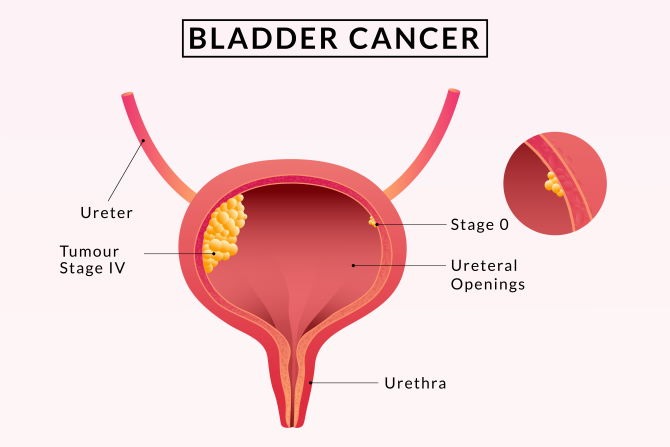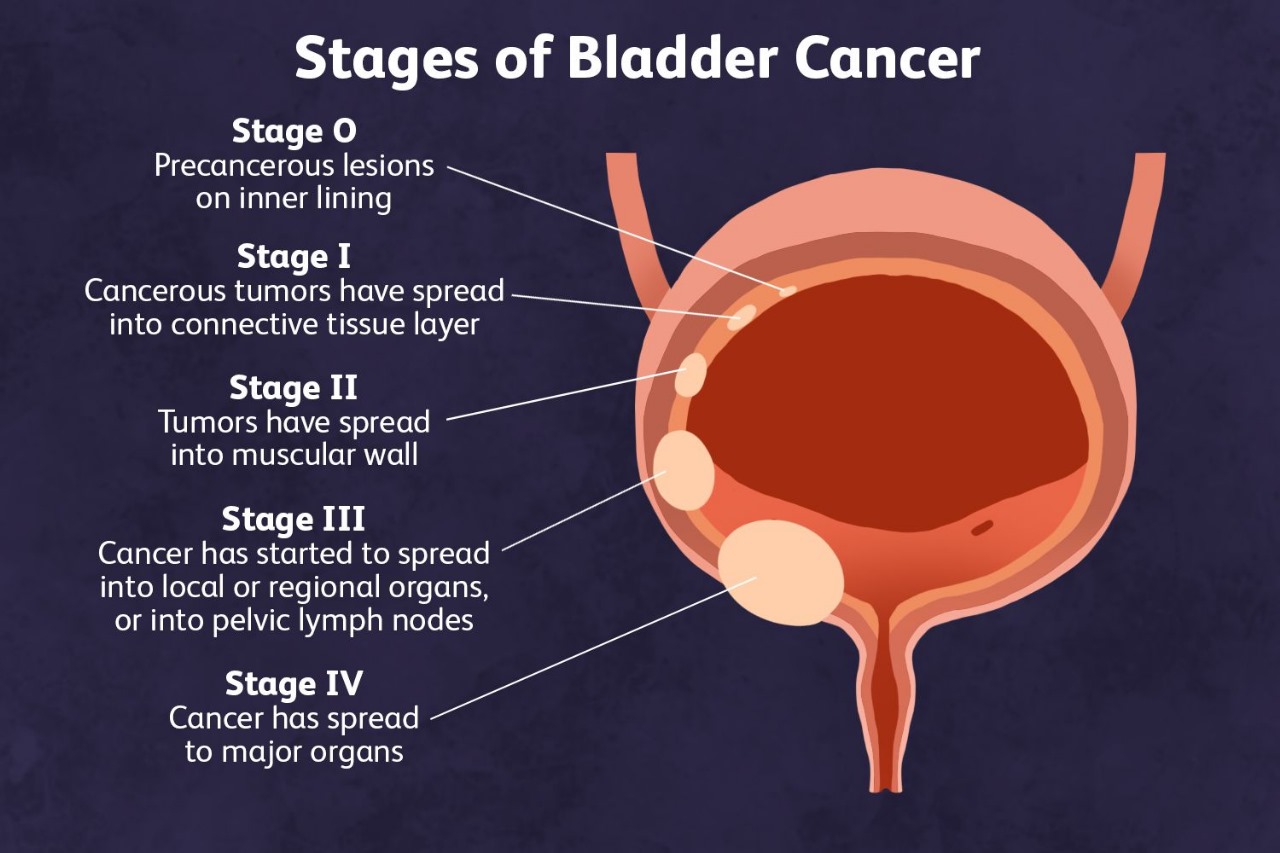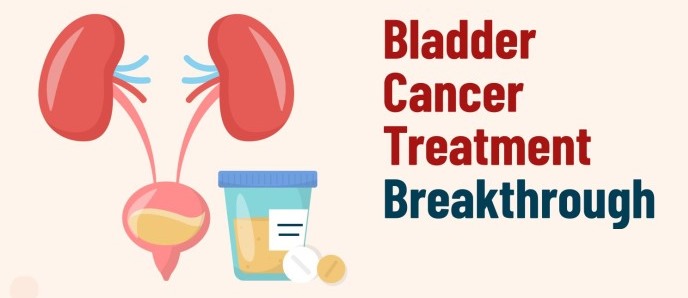
Dr. Waseem Abbas
Cancer Treatment Specialist
Director Research, Max Hospital, Shalimar Bagh
How to contact me
Max Superciality Hospital, FC 50, C and D Block, Shalimar Place Site, Shalimar Bagh, New Delhi, Delhi 110088
Phone: +91 98112 42729
Email: drabbasdoc@gmail.com
Search this website
Common Cancers in India
Get a free E-consultation about lung cancer immunotherapy in Delhi

Bladder Cancer
Bladder cancer is a relatively rare form of cancer that starts in the lining of your bladder. Your bladder is a small hollow organ that holds your pee (urine). Healthcare providers have many ways to treat bladder cancer, including surgery to remove bladder cancer. Bladder cancer may come back after treatment, so people with bladder cancer should be vigilant about following up with their healthcare providers.
Early-stage bladder cancer — cancer that’s found and treated before it can spread — but about 75% of early-stage bladder cancers come back.
How does this condition affect my body?

Your bladder is a triangle-shaped organ that’s centered between your hip bones, above your urethra and below your kidneys. Pee from your kidneys drains into your bladder, which is lined with tissue called urothelium. Urothelium is made of cells that stretch when your bladder fills with pee and collapses when it’s empty. (Your bladder can hold about 2 cups of pee.)
Bladder cancer happens when certain cells in the tissue lining your bladder mutate or change, becoming abnormal cells that multiply and cause tumors in your bladder. Left untreated, bladder cancer may grow through your bladder walls to nearby lymph nodes and then other areas of your body, including your bones, lungs or liver.
Symptoms of Bladder Cancer
- Visible blood in your pee (hematuria)
- Pain when you pee (dysuria)
- Needing to pee a lot
- Having trouble peeing
- Persistent bladder infections
Treatment Option of Bladder Cancer
There are four types of bladder cancer treatment. Providers may use any or all of these treatments and may combine treatments.
- Surgery
- Chemotherapy
- Immunotherapy
- Radiation therapy
- Targeted therapy

Prevention of Bladder Cancer

- While you don’t have any control over some of your bladder cancer risk factors, you can take steps in some areas to reduce risk:
- Don’t smoke. …
Take care with chemicals. - Drink water, stay properly hydrated. …
Eat a well-balanced diet. - Report any symptoms.
